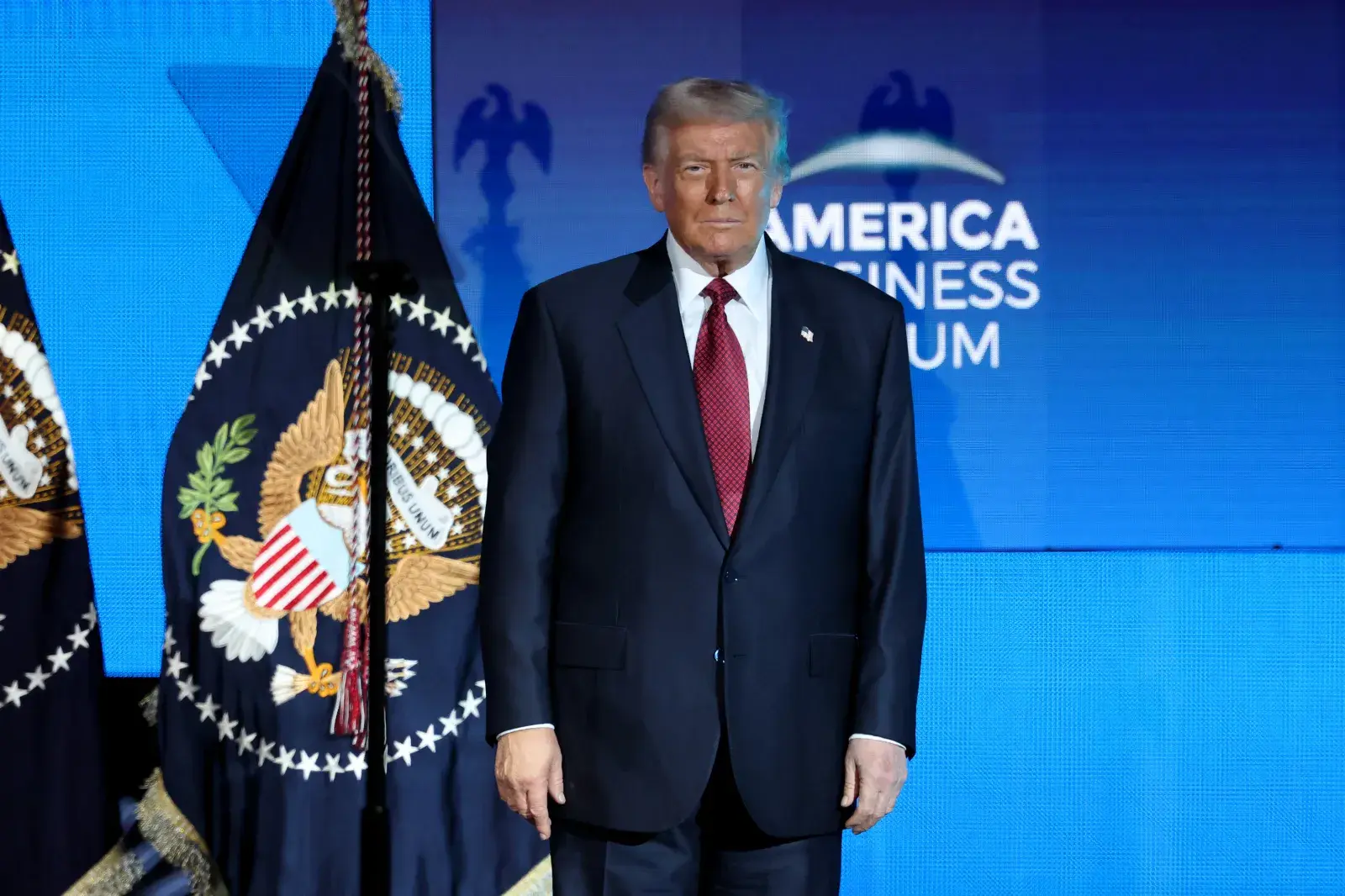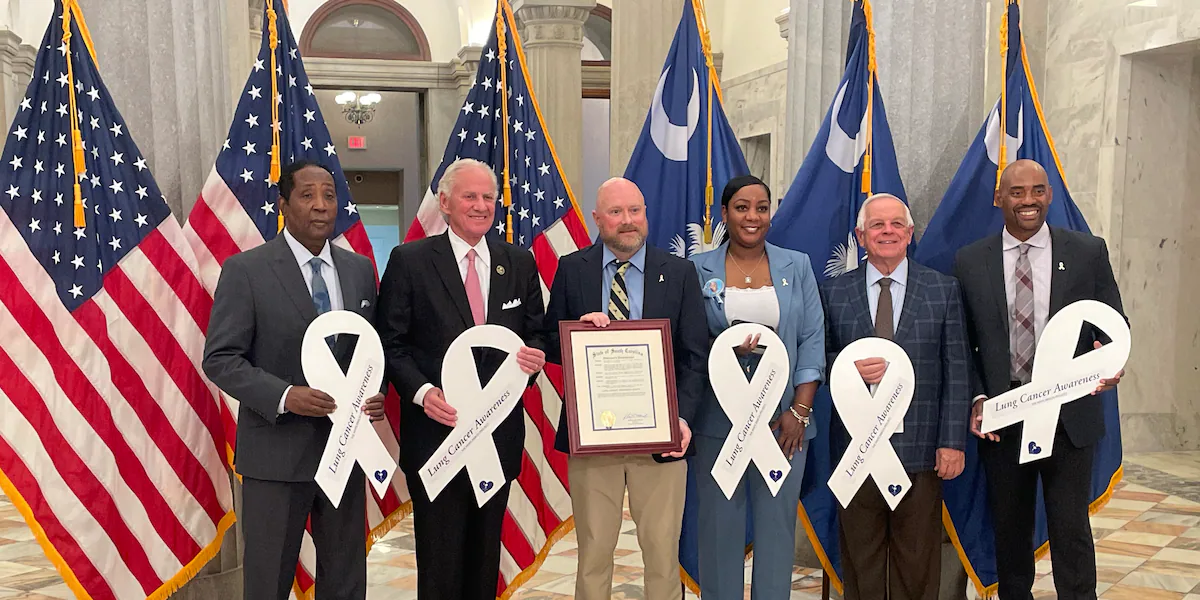Copyright newsweek

President Donald Trump’s net approval rating on handling the federal government shutdown has hit a new low, a poll from The Economist and YouGov shows this week. Why It Matters With the shutdown becoming the longest in U.S. history, the resulting disruption has affected millions of Americans, government workers and critical federal operations like air travel and food assistance benefits. This negative perception of Trump’s leadership during the shutdown could potentially have broader implications for the Republican Party, public trust in Washington and the upcoming 2026 midterm elections. What To Know According to the poll released on Tuesday, Trump’s approval rating on handling the ongoing shutdown is 31 percent versus a 58 percent disapproval rating. This is the lowest approval rating the president has received since the pollster began tracking last month, and the highest disapproval rating. Trump’s net approval mark on the government stoppage is now -27. The poll surveyed 1,671 people from October 31 to November 3 and has a 3.4 percent margin of error. In a poll last week, the Trump’s approval rating on the issue was 34 percent versus a 56 percent disapproval rating. In another taken from October 10 to October 13, his approval mark of handling the shutdown was 35 percent versus a 53 percent disapproval rating. In the first poll surveying U.S. adults about the president’s handling of the shutdown, Trump received a 33 percent approval rating compared with a 54 percent disapproval score. The poll also asked respondents on how both Democrats and Republicans are handling the stoppage. Twenty-eight percent approve of congressional Democrats’ handling of the issue versus 53 percent who disapprove. The Democrats had the same net approval rating last week, and during the week of October 10 to October 13, the party had its lowest net approval rating of -27. Republicans in Congress also secured their lowest net approval rating on the issue in the poll out on Tuesday, with a 30 percent approval rating versus a 57 percent disapproval mark. YouGov’s Public Relations Lead Allen Houston in an email to Newsweek in part on Tuesday said, “Trump, Democrats in Congress, and Republicans in Congress all continue to have net negative approval among Americans for their handling of the shutdown. Net approval of shutdown handling by Trump has fallen in recent weeks, as has net approval of Republicans in Congress, to a lesser extent.” President Donald Trump is pictured at the America Business Forum on November 5 in Miami. (Photo by Alexander Tamargo/Getty Images for America Business Forum) What People Are Saying D. Stephen Voss, political science professor at the University of Kentucky, to Newsweek via email on Wednesday: “When problems drag on — whether that’s a war or a budgetary crisis — voters usually start blaming the chief executive. They tune out all the arguments in one direction or the other and, to parallel a phrase associated with President Truman, the buck stops with the White House. The thumping Republicans took in this week’s elections reflected longer-running anger among constituencies that already leaned Democratic, but the GOP needs to worry that the government shutdown will cause that frustration to spread.” Trump, on Truth Social Wednesday: “The Radical Left Democrats are causing millions of Americans who depend on food stamps to go without benefits, they’re forcing federal workers to go without paychecks, and they’re stranding thousands of travelers at airports!” Democratic Senate Minority Leader Chuck Schumer of New York, on X Wednesday: “DONALD TRUMP is depriving hungry Americans of SNAP And treating Americans as political pawns during this shutdown. Democrats, Independents and even Republicans rejected Donald Trump’s policies and rejected hard-right elected officials.” What Happens Next The shutdown continues as lawmakers struggle to reach a compromise to reopen the government. Polling data suggests both Trump and members of Congress face public discontent, but the decline in approval ratings for Trump could carry consequences for the Republican Party’s standing ahead of the 2026 midterms.



